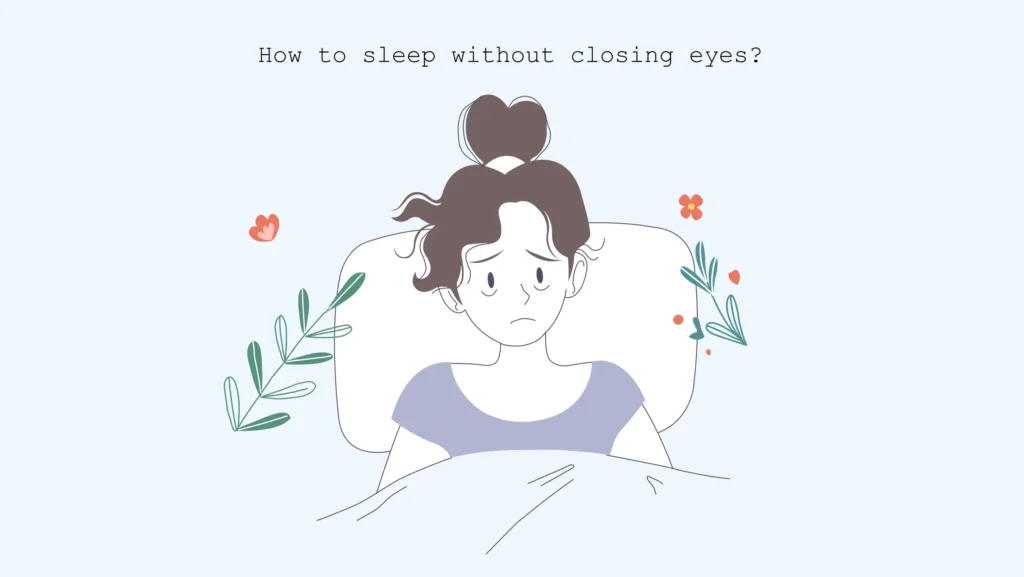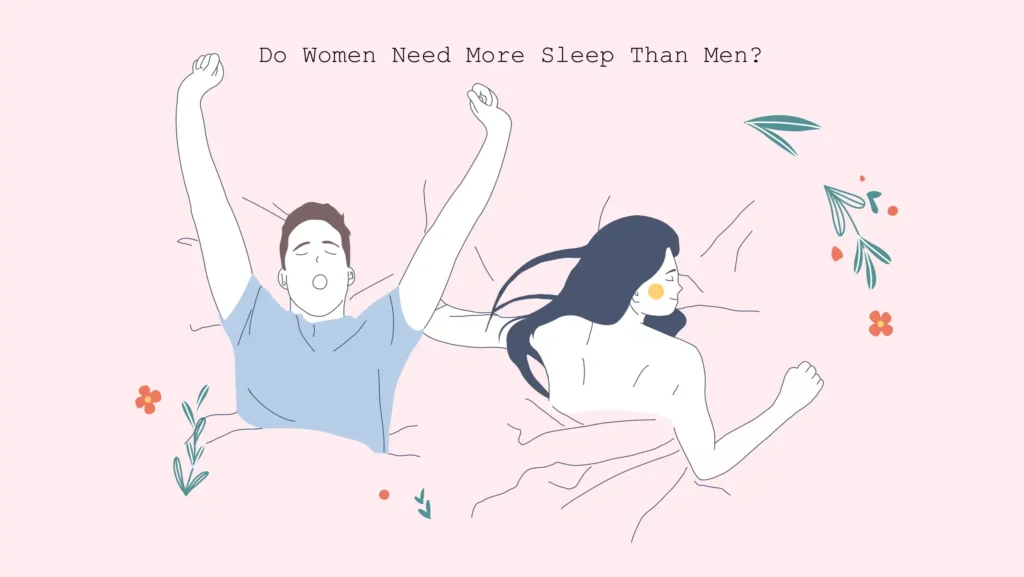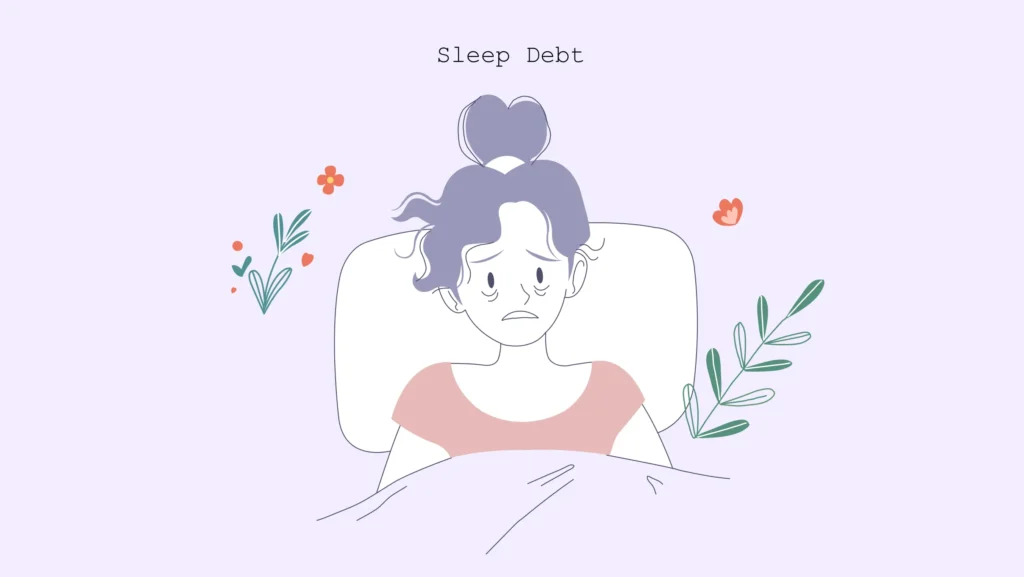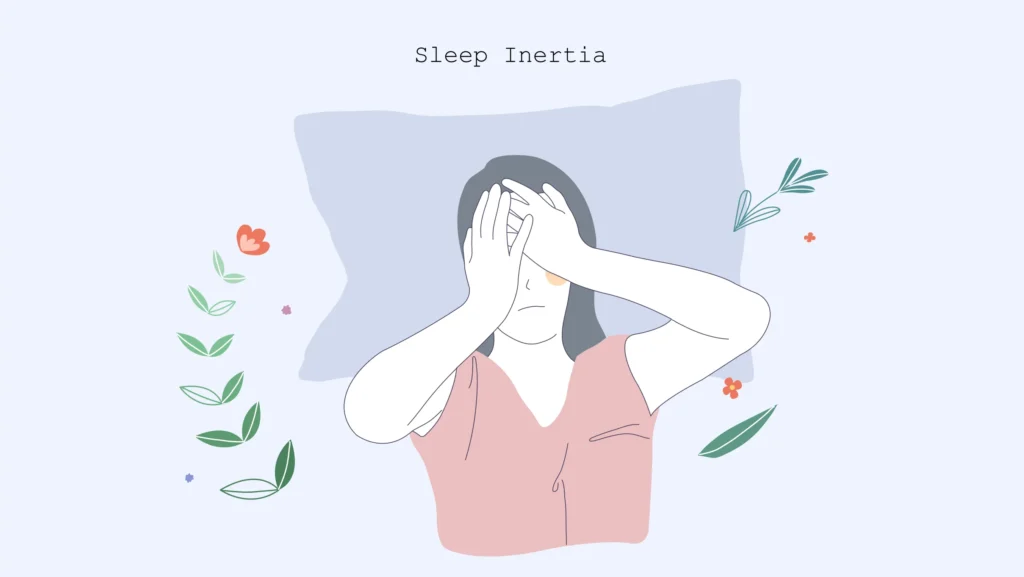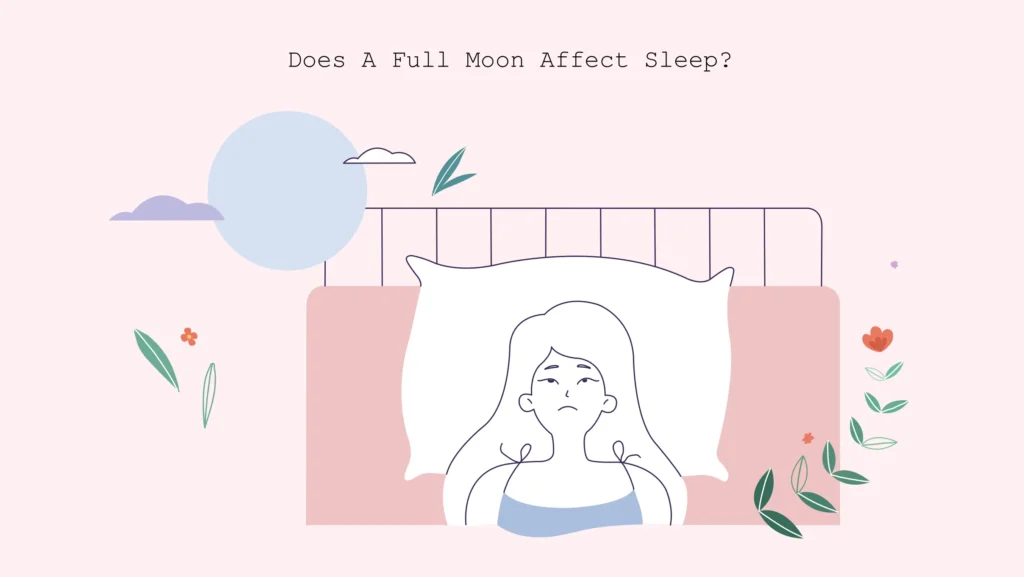10 Reasons Why Sleep is Important
Written by

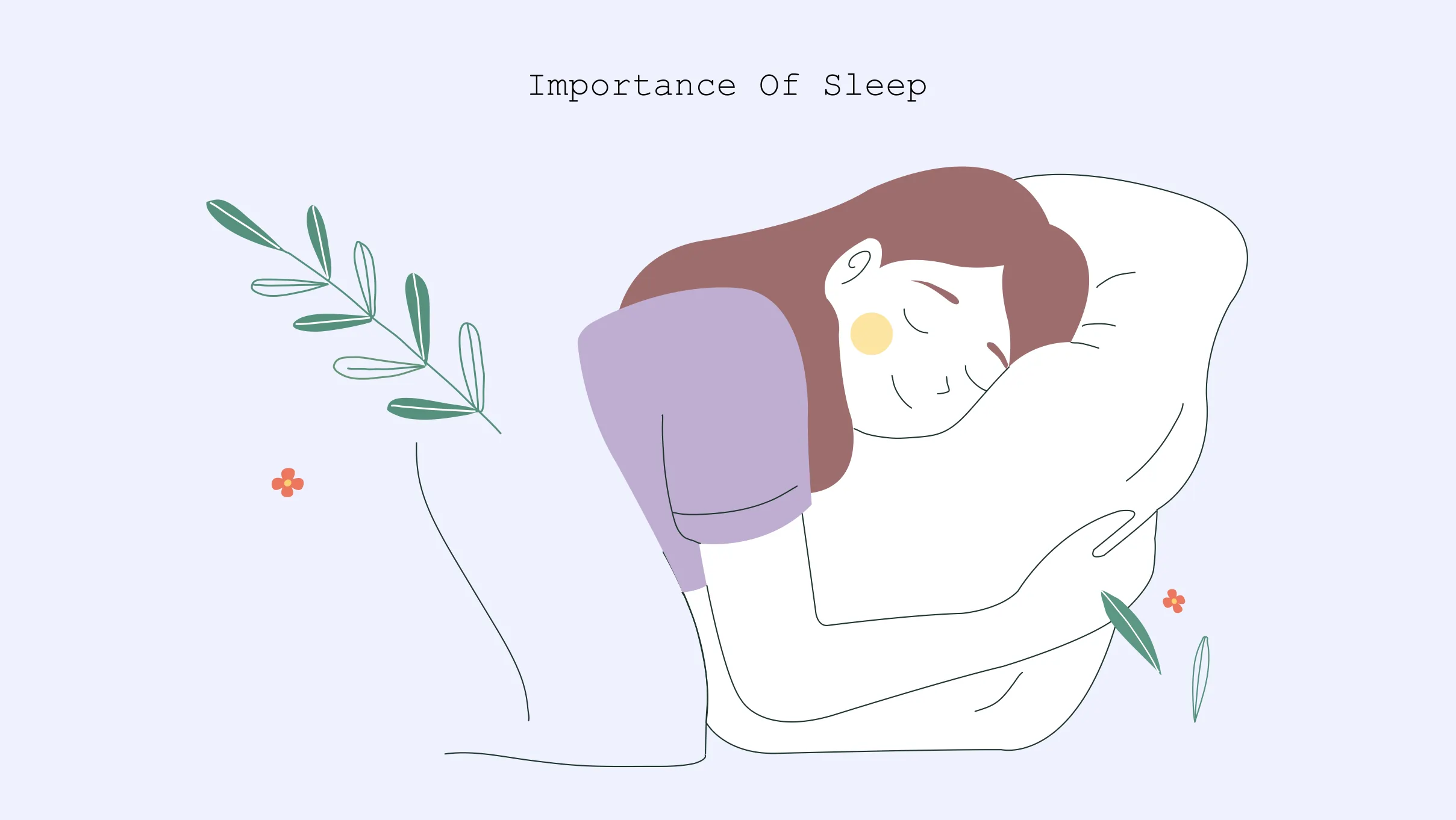
Table Of Content
From short naps on the couch to long slumbers during the weekend with the air conditioner cranked up to the right temperature, sleep is absolutely wonderful, isn’t it? After a day that completely drains you, a good night’s rest helps refuel your energy and wake up as good as new! But have you ever wondered about the importance of sleep? What other benefits does it offer? Well, we are here to tell you all about it today. Keep reading!
Why do we sleep?
Scientists have pondered the question of why do we sleep from various perspectives. They have tried to understand what happens when we become sleep deprived or dig deep into why is sleep important. However, even after tons of research, there is still a lot to learn about sleep. However, sleep is essential for various biological functions. All the studies till now have given us the most crucial reasons why sleep is important. And they are outlined below.
1. Better memory and performance
As per a 2017 study, poor sleep showed both short and long-term health consequences. Sleep was also associated with various brain functions, such as;
- Poor sleep can hamper the process of memory formation.
- It can affect your performance in school or work and negatively impact decision-making skills. According to a study, it was seen that sufficient sleep for students could enhance academic performance in children and young adults.
- Concentration, cognition, performance, and productivity can be hindered by fewer sleep hours. This is the main importance of REM sleep.
2. Better calorie regulation
When you function with less sleep, you tend to consume more calories. It is because the hormone known as ghrelin, which makes us hungry, increases while leptin, which keeps us full, goes down. Hence, you tend to feel hungrier, leading to binge eating.
Also, sleep deprivation makes you feel low on energy; to make up for it, the body craves sugar and fat, which are high in calories.
3. Lower weight gain risk
There have been several studies linking obesity with insufficient sleep. When you sleep for less than 7 hours, it can put you at risk of weight gain. Therefore, sleep for weight loss is essential.
In fact, one sleep study found that participants who slept for fewer hours than 7 hours were 41% at risk of developing obesity.
4. Greater athletic performance
While normal adults require 7 to 9 hours of sleep every night, athletes need more. When athletes sleep well, their body heals properly. It also offers more energy, better mental functionality, faster speed, and more. In fact, if you are sleep deprived, it can increase the risk of your injury and even decrease motivation.
5. Lower risk of heart disease
High blood pressure can increase the risk of heart disease. So when you enjoy deep and adequate sleep every night, it helps blood pressure control itself.
One study showed that sleeping for less than 7 hours could increase the chances of heart disease by almost 13%. And another study saw that compared to 7 hours, each hour less elevated the risks of heart problems by 6%. Also, less sleep can cause high blood pressure, especially in sleep apnea patients.
6. More emotional and social intelligence
Sleep and emotional intelligence are interconnected. A study dug deeper into this with a comprehensive experiment. Around 477 participants answered questions about their emotional quotient and sleep habits. It was seen that people who enjoyed quality sleep regularly considered themselves to be emotionally intelligent. This included various aspects of their lives, such as maintaining healthy relationships, combating urges, and more.
7. Preventing depression
An analysis conducted in 2016 saw that insomnia had an impact on depression. In fact, it also tells us that cognitive alterations were one of the symptoms people suffered from due to sleep loss, which could also increase the risk of depression.
8. Lower inflammation
Inflammation is a condition that leads to redness and swelling. A positive connection between sleep and high levels of inflammation was found. Also, when you don’t follow a consistent sleep schedule and go to bed or wake up at different times, it can disturb the process where the body combats inflammation during sleep.
9. Stronger immune system
Finally, sleep is vital for a robust immune system. When you enjoy high-quality sleep, your body repairs itself. One study examined participants who slept for less than 7 hours. Here it was seen that participants who slept for 5 hours were 4.5 times more likely to develop a cold, and those who slept for 5 to 6 hours were 4.24 times more likely. In addition, a few studies state that proper sleep can enhance the body’s antibody response to influenza vaccines.
10. Promotes proper insulin function
Insulin is an essential hormone in the body, ensuring that the cells use sugar and glucose properly to convert them into energy. However, insulin resistance is a condition that prevents the cells from responding in the right way causing high blood sugar levels. And sleep can help reduce the risks of insulin resistance.
The Science Behind Sleep
Sleep is vital for many brain functions, such as communication between nerve cells. While your body shuts down, your brain undertakes maintenance tasks, like flushing out toxins from the body. Now, there are two main processes involved in sleep.
The first one is the circadian rhythm. It is our body’s internal clock that regulates the sleep-wake cycle. Its key function is to take cues from the surrounding environment, such as light during the day and darkness at night, and accelerate the production of melatonin, the sleep hormone.
The following process is the sleep drive or pressure. Sleep drive is very similar to hunger. The desire for slumber keeps building throughout the day, just like you crave food when hungry. However, after one point, when your body doesn’t get enough sleep, it can engage in the act by itself, where you fall asleep for one or two seconds, anywhere and anytime.
How Much Sleep Do Humans Need?
The amount of sleep necessary to feel refreshed varies from one individual to another. But whatever the needs are, it must be within the adequate range. They are;
| Age Group | Age Range | Recommended Amount of Sleep per Day |
|---|---|---|
| Newborn | 0-3 months | 14-17 hours |
| Infant | 4-11 months | 12-15 hours |
| Toddler | 1-2 years | 11-14 hours |
| Preschool | 3-5 years | 10-13 hours |
| School-age | 6-13 years | 9-11 hours |
| Teen | 14-17 years | 8-10 hours |
| Young Adult | 18-25 years | 7-9 hours |
| Adult | 26-64 years | 7-9 hours |
| Older Adult | 65 years or older | 7-8 hours |
Conclusion
Sleep is an underrated but crucial element in your overall health. Make sure you enjoy proper amounts of sleep each night to keep your weight in check, reduce the risk of heart disease, and keep illnesses at bay.
FAQs
How sleep affects your health?
Sleep is essential for almost every tissue in the body. It affects growth hormones, the immune system, appetite, and more.
What happens if we don’t sleep?
When you don’t sleep, even when you are completely exhausted, your body may engage in microsleep. It is a condition in which you fall asleep for a few seconds. It can occur anytime without your knowledge, even when you are driving.
What does lack of sleep cause?
Lack of sleep can lead to high blood pressure, diabetes, obesity, stroke, depression and more.
How much sleep is enough?
As mentioned earlier, you need 7 to 9 hours of sleep every night.
people like this article
Written by



